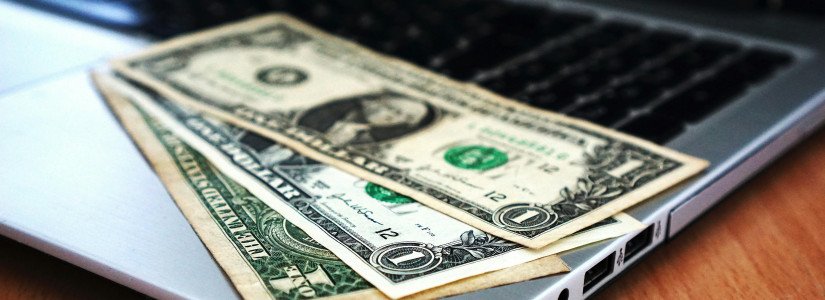How to Search and Recover Unclaimed Money and Property
Unclaimed money and properties wait for a legal claim by their rightful owners, which can be surprisingly easy to find and recover. Most people lose such resources because they don't know that the procedure of searching for and claiming unclaimed money is straightforward. Here are some tips to guide you through the process of finding and recovering your unclaimed money or property:
Search by State
According to NAUPA, there is more than $33 billion in unclaimed money and property in the United States. While this may sound like a lot, it only comes to an average of about $120 per person. However, the vast majority of this unclaimed come from a few states. California, for example, is home to more than $9 billion in unclaimed money, while Florida has more than $4 billion.
New York, Texas, and Illinois round out the top five states, each with billions of dollars in unclaimed money. Given these numbers, it's clear that if you're looking for your share of unclaimed money, your best bet is to focus your search on a few key states. The good news is that most states have an online database where you can search for unclaimed money and property. Therefore, whether you're looking for a long-lost bank account or a forgotten insurance payout, it's worth taking a few minutes to see if you're owed any unclaimed money.
Searching from Employers and Other Sources
Many people are unaware they may be owed unclaimed money or property from their employers. It could include forgotten wages, unused vacation pay, or unclaimed pension benefits. Fortunately, a few simple steps can help you search for this lost money.
Check with your state's unclaimed property office. Each state has its process for handling unclaimed money, so you'll need to find out what the specific requirements are in your state. You can find this information on the state's website or by calling the office directly.
Once you've located the appropriate office, you'll need to provide basic information about yourself, including your name, Social Security number, and current address. You may also be required to provide proof of your identity, such as a driver's license or passport. The office will search its records to see if you have any unclaimed money or property.
If the search turns up a match, you'll need to fill out a claim form and provide any additional documentation that may be required. Once your claim is approved, you'll receive a check for the amount owed to you. It's important to remember that claims can take several weeks or even months to process, so be patient.
Searching From Life Insurance Companies
In some cases, these companies may be holding onto unclaimed funds for years without any effort to locate the rightful owners. Luckily, there are ways to search for this unclaimed money and property. The first step is to contact the commissioner's office in your state and ask if they have a list of unclaimed life insurance benefits.
Next, you can search the National Association of Insurance Commissioners' unclaimed property database. Finally, you can contact individual life insurance companies directly and request a search of their records. By taking these steps, you may be able to locate money that is rightfully yours. It's a time-consuming process, but it is well worth the effort if you can reclaim what is rightfully yours.
Searching from State Treasuries
According to various studies, an estimated one in eight Americans has unclaimed money or property sitting in state coffers, totaling more than $58 billion. The most common type of unclaimed property is money left behind in dormant bank accounts. Other forgotten assets include insurance payouts, uncashed checks, and even safe deposit box contents.
Most states have an online database where you can search for your name or address, and others allow you to search by Social Security number. In addition, many states hold periodic claim nights where you can complete the claim process in person. Therefore, if you think you might have some unclaimed money, it's worth taking a few minutes to search for it.
Searching from the National Credit Union Administration (NCUA)
As a non-profit federal agency, NCUA is responsible for the supervision and regulation of credit unions in the United States. Although credit unions are cooperative financial institutions, they are still subject to the same laws and regulations as banks. The NCUA also provides deposit insurance for credit union members, up to $250,000 per account. In addition to its regulatory and insurance functions, the NCUA manages an unclaimed money and property program.
This program returns credit union deposits abandoned by their owners. If you believe you may have unclaimed money or property from a credit union, you can search the NCUA's online database using the credit union's name and account number. You can also search by your SSN or date of birth. The program has helped millions of American credit union members get their money back.
Above are a few sources of unclaimed money and property. It's easy to search for the resources despite minor challenges. Ensure you research other sources thoroughly to check if you have unclaimed money. Most people languish in poverty, unaware of massive amounts of unclaimed money that could shape their lives.












